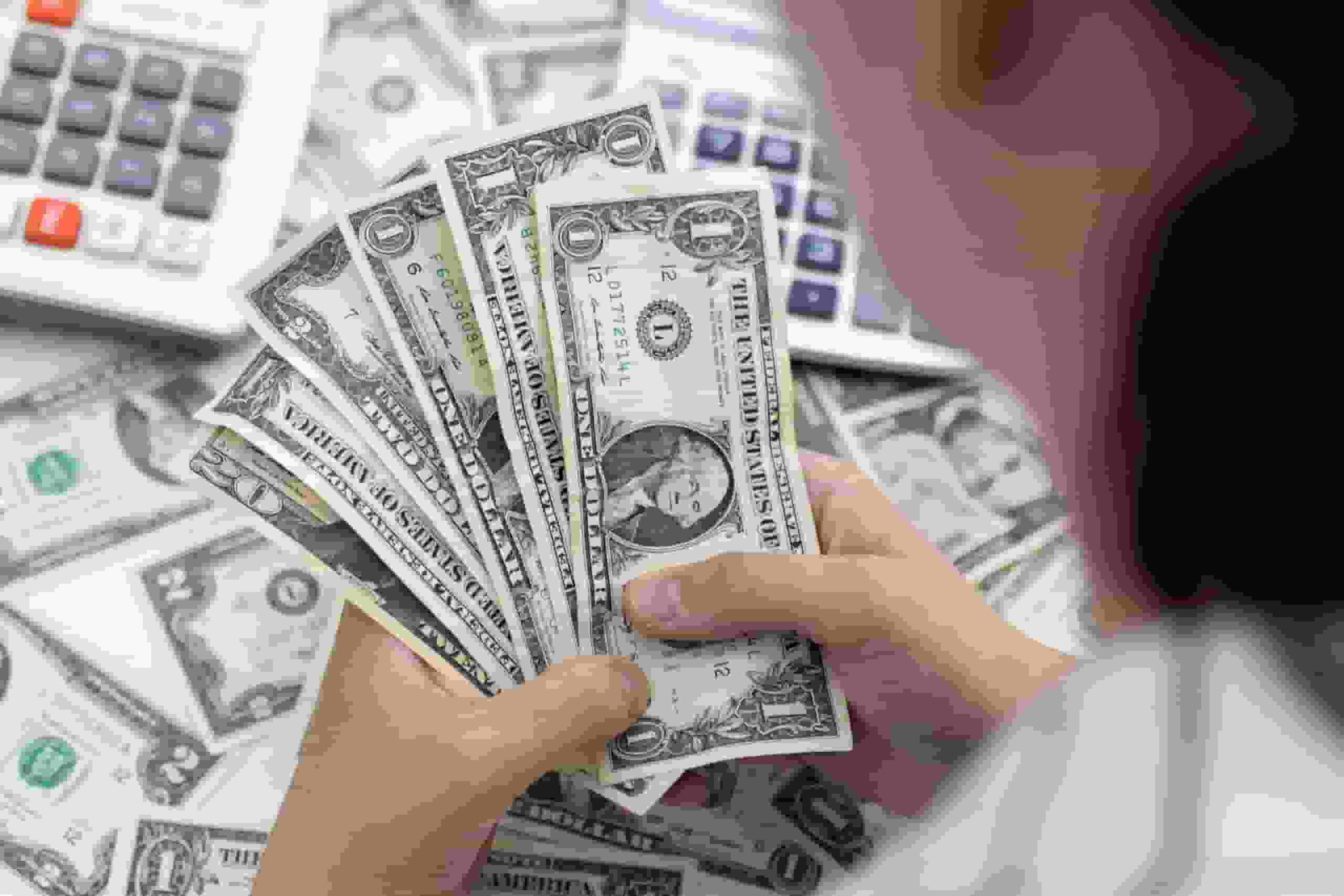In January, the US consumer price index increased by 0.5% from December to January. Although the inflation rate dipped for a seventh straight month year-over-year in January, Americans are still struggling to afford even the most basic necessities.

Do Americans want more inflation relief stimulus checks?
According to to Go Banking Rates, 62% of Americans said in a poll they are in favor of more inflation relief stimulus checks. The survey was answered by 1,028 Americans aged 18 and older. In comparison, 22% of the respondents said no and 16% were undecided. The respondents who are in favor of more inflation relief checks are Americans who are living paycheck to paycheck, according to a GOBankingRates study.
However, some critics argue that further stimulus checks may exacerbate inflationary pressures.
READ ALSO: January 2023 CPI Results Show Food and Energy Prices Pushing Up Inflation
Providing excessive stimulus could lead to an increase in inflation
Some experts argue that more inflation relief stimulus checks may contribute to the problem of inflation and push it to continue.
Nicholas B. Creel, an assistant professor of business law at Georgia College and State University, explained to Forbes that the existing inflation is due to supply problems and fuel prices. When recipients of inflation relief stimulus checks spend their money quickly on goods and services, it results in an undesirable increase in aggregate demand. Creel suggested that when aggregate demand rises while supply remains stagnant, prices generally increase, which exacerbates the inflationary pressure in the economy.
Dr. Jaime Peters, an assistant dean and assistant professor of finance at Maryville University also told Forbes that more inflation relief stimulus checks may contribute to the problem of inflation and cause it to persist. According to him, issuing more inflation relief stimulus checks may enhance people’s sense of wealth and increase the amount of money spent on scarce goods. However, it could also inspire individuals to delay returning to work, which could toughen the labor shortage and continue to create supply-side shortages.
Jonathan Wolff, a professor of economics at the Farmer School of Business at Miami University in Ohio, advocated for stronger action on pausing government payments during his interview with Forbes. He suggested that the government should eliminate the reasons for people to stay out of work by reducing income taxes temporarily and ending Covid-era stimulus programs. He made this statement during an interview with Forbes last summer.
In conclusion, while many Americans are struggling, more inflation relief stimulus checks may not be the best solution to help alleviate their financial hardships. Instead, it may be more effective to focus on increasing production and removing disincentives to work, in order to level out supply and demand and address the root causes of inflation.
READ ALSO: Inflation Relief on The Way: Check Which US States are Paying Out in February 2023

